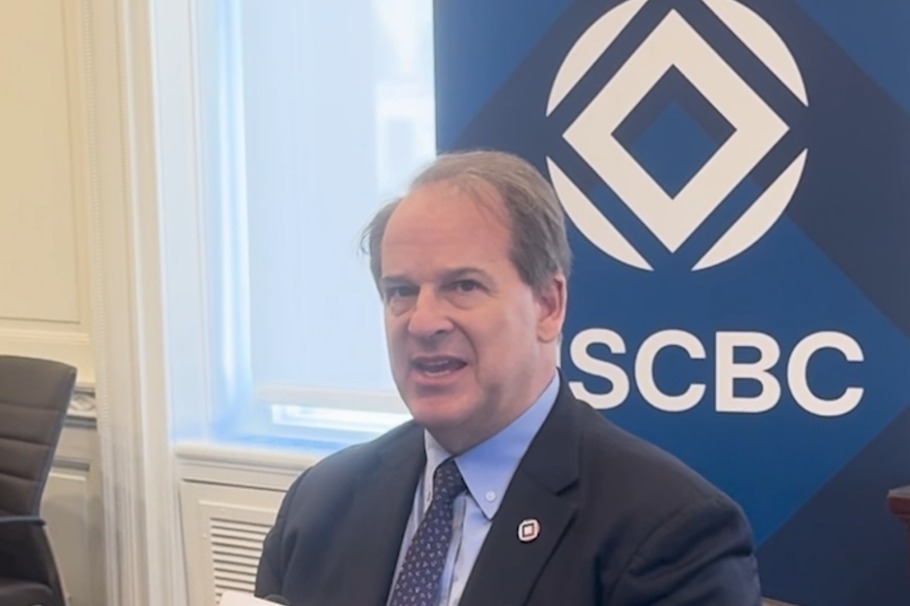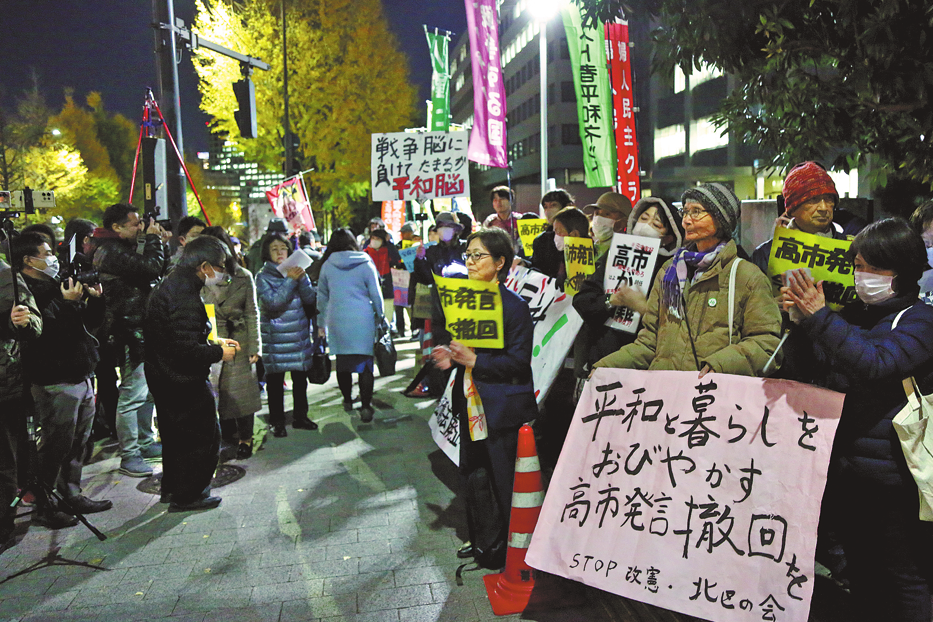Reluctance to support UN conventions hurts US


I have a direct and personal interest in the reluctance of the United States to ratify United Nations conventions, arising from my involvement of over two decades in the negotiations of the World Health Organization's one-and-only treaty, the Framework Convention on Tobacco Control, and the subsequent Conference of Parties' meetings.
The convention on tobacco control took effect two decades ago, and it reads like sensible and established public health policy. It covers the monitoring of smoke-free areas, bans on tobacco advertising, promotion and sponsorship, price policy, education, package warnings, assistance with giving up tobacco, excluding the tobacco industry from policy decisions, and articles on farming, illicit trade, liability and more.
With 183 parties to the convention, the Framework Convention on Tobacco Control has become one of the most rapidly embraced UN conventions of all time.
The US participated in all the planning meetings and signed, but then refused to ratify, the convention, becoming one of only a very few countries that has either signed or ratified the convention. In contrast, every country in the Western Pacific region of the WHO has ratified the treaty.
Signing only creates an obligation to refrain, in good faith, from acts that would defeat the object and purpose of a treaty. Signatories have access to all information and can attend Conference of Parties meetings as observers.
Ratification means that a state consents to be bound by a treaty, becoming known as a party to the convention.
Treaties and other international agreements are written agreements between sovereign states (or between states and international organizations) governed by international law. There are a total of more than 560 UN conventions covering a broad range of subjects, such as human rights, health, trade, defense and protection of the environment.
Many observers were puzzled as to why the US did not ratify the Framework Convention on Tobacco Control, especially since the treaty aligned so closely with tobacco control action already undertaken throughout the US.
The US may enter into more than 200 treaties and other international agreements each year, but despite this seemingly impressive number, the US is often notably absent from the lists of state parties to globally significant treaties.
It has failed to ratify treaties that tackle biodiversity and greenhouse gas emissions, protect the rights of children and women, govern international waters or protect health. According to a 2022 article titled "On International Treaties, the United States Refuses to Play Ball", published by the nonpartisan think tank Council on Foreign Relations, the US has "one of the worst records of any country in ratifying human rights and environmental treaties".
For example, the US has failed to ratify crucial human rights documents such as the Convention on the Elimination of All Forms of Discrimination Against Women, the Convention on the Rights of Persons with Disabilities, or the Convention on the Rights of the Child. The latter entered into force in September 1990, and has been ratified by 196 countries, including every member of the United Nations except the US.
The US has ratified or is otherwise bound by only a handful of treaties in their entirety, including the Genocide Convention, the International Covenant on Civil and Political Rights, the International Convention on the Elimination of All Forms of Racial Discrimination, and the Convention Against Torture and Other Cruel, Inhuman or Degrading Treatment or Punishment.
The US has played a critical role in drafting numerous international treaties and documents on human rights. But a major concern voiced by the American Civil Liberties Union is that the US has consistently used the UN treaty mechanism of attaching reservations, understandings and declarations to its ratifications, which dilutes the effect and enforceability of these universal human rights documents.
The US has a history of undermining international organizations and existing agreements. For roughly two years, the US has blocked the appointments of new judges to the World Trade Organization's Appellate Body.
The US shuns treaties that appear to subordinate its governing authority to that of an international body like the UN. The US consistently prioritizes its perceived national interests over international cooperation, opting not to ratify in order to protect the rights of US businesses or safeguard the government's freedom to act on national security and, in the case of the tobacco treaty, its people's health.
The shame of it is that ratification hesitancy is impairing the US' international status, credibility and influence.
The author is director of the Hong Kong-based Asian Consultancy on Tobacco Control.
































